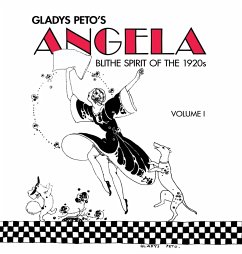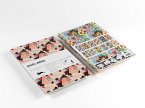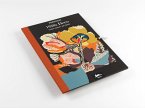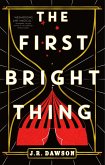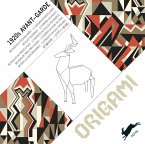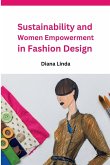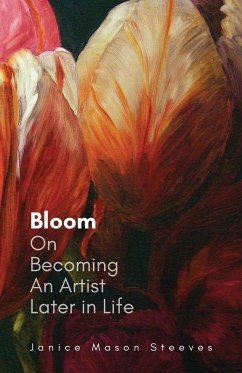Throughout the early 1920s, each week, in a sequence of panels accompanying the high-society gossip column of "Mariegold," readers of "The Sketch: A Journal of Art and Actuality" got to follow the adventures of an irrepressible Bright Young Thing named Angela.This volume is a collection of Angela's adventures as depicted in the pages of "The Sketch," which was a high-end society magazine published in London, in 1923 and 1924. They are relics of another time. There never was a time in the English-speaking world quite like the early 1920s, especially for women. Just a dozen or two years before, the average woman had been all but enchained - relegated to decorative and reproductive roles in the home.But now, with the Great War over, suddenly women everywhere were on what had to feel like a roller-coaster ride to freedom. Clothing styles had changed to looser things that allowed freedom of movement. Society's attitudes, especially among the young, had shifted in a relative blink of an eye. Women were claiming freedoms that they'd never before had, but which were clearly theirs by right. The old mid-Victorians were apoplectic, and thundered their denunciations from porch and pulpit; the New Woman took pride in their scorn. Today we know how it all ended - not with a bang, but with a whimper, with a flurry of advertisements for cigarettes and other consumer products marketing themselves as the vehicles of emancipation... followed by the Great Depression. But for a woman in 1923 or 1924, it must have felt like riding a tiger. Day after day, more of the old barriers were falling. Women were driving cars, smoking cigarettes, flirting with young men, starting businesses, running for public office, creating art. Where might it all end? What was there in the human experience that wasn't possible for them to achieve? What new adventures lay in store in the years to come? It's this hopeful, free-and-daily-getting-freer spirit that is so perfectly embodied by Gladys Peto's Angela and her friends. Week after week, Angela is doing things - starting a business, taking up hurdling, becoming a "lady jockey," sneaking off to the South of France without telling her husband, establishing an illegal gambling house in her flat, going caravanning with Mr. Romany Stark, standing for Parliament, and so on. The usual things that conspired to repress a woman in the 1920s are not a problem for Angela. She has no children, lavishing all her maternal instincts on the two Darling Dogs. Algy (her husband) is neither jealous nor particularly attentive. No matter; Angela, although extraordinarily flirtatious, would clearly never stoop to actual adultery. One gets the sense that a sex life, or even any kind of serious relationship at all, would slow her down too much. Angela is the distilled essence of the spirit of the New Woman circa 1923. She is an ambassador from another time, a hopeful, innocent time of increasing freedom, unconstrained by the knowledge that the good times wouldn't last long and that real obstacles to women's continued personal growth lay undiscovered just a few years down the road. And thanks to Gladys Peto's incomparable wit and pen, we can experience some of that exuberance firsthand, for ourselves.
Hinweis: Dieser Artikel kann nur an eine deutsche Lieferadresse ausgeliefert werden.
Hinweis: Dieser Artikel kann nur an eine deutsche Lieferadresse ausgeliefert werden.

